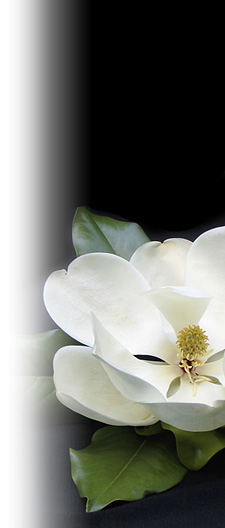After very busy careers in education, and an equally demanding family life raising four children, Valerie and Noel Volk were looking forward to retirement. They wanted to travel and to pursue interests long put on hold: writing for her, painting for him.
Then, early in 2008, Noel was diagnosed with early-stage cancer of the blood. Believing he could have four or five years left to live, the couple took the news bravely and kept planning. But by Easter Noel was gravely ill in hospital, and six months later he was dead.
 Valerie's way of coping was to write, and In Due Season, Poems of Love and Loss chronicles the experiences of those months: the empty house; the daily journey to the hospital; the sadness of parting each night; death; funeral and aftermath. It may sound depressing but it isn't, because faith and love are undefeated by suffering and separation. By the end of the book Valerie still grieves, achingly, yet she is working her way to a new gratitude and acceptance. As she sits and listens to Vivaldi's Four Seasons, (which she and Noel had played on their wedding night), she can write: "...in due season, all we needed has been ours."
Valerie's way of coping was to write, and In Due Season, Poems of Love and Loss chronicles the experiences of those months: the empty house; the daily journey to the hospital; the sadness of parting each night; death; funeral and aftermath. It may sound depressing but it isn't, because faith and love are undefeated by suffering and separation. By the end of the book Valerie still grieves, achingly, yet she is working her way to a new gratitude and acceptance. As she sits and listens to Vivaldi's Four Seasons, (which she and Noel had played on their wedding night), she can write: "...in due season, all we needed has been ours."
These poems will resonate with anyone who has accompanied a loved one through illness to death. In Noli Me Tangere, impelled by the deep, daily need to be with her husband, Valerie has struggled with the traffic en route to the hospital, battled her way upstairs laden with a basket of food she has prepared in the hope it will tempt him to eat, and finally stretched out a hand, wanting the comfort of physical contact, only to hear Noel say, "Your hands are cold. Don't touch me, please."
The poem explores not only the shock of that rebuff, but the delight in touching which has been important to the couple's relationship since they first held hands years ago. It captures the emotion of the moment, and by setting it in a wider context deepens its poignancy.
After Noel's death there is the sharp grief which comes from the most every-day activities: seeing a couple on a bench, leaning against one another "as we used to do";
ironing "shirts, my love, you'll never wear"; and reflecting on the morning ritual of dressing:
I'll choose my clothes - but where's the one who'll say
"I've always liked that skirt on you'
When I had bought it only yesterday?
In Due Season is not self-indulgent, but an expression and a reflection on the very process of grieving, within a Christian framework. Uplifting as well as infinitely moving, these are love poems in the truest sense.
This review was first published in The Melbourne Anglican and is provided courtesy of Anglican Media Melbourne

























